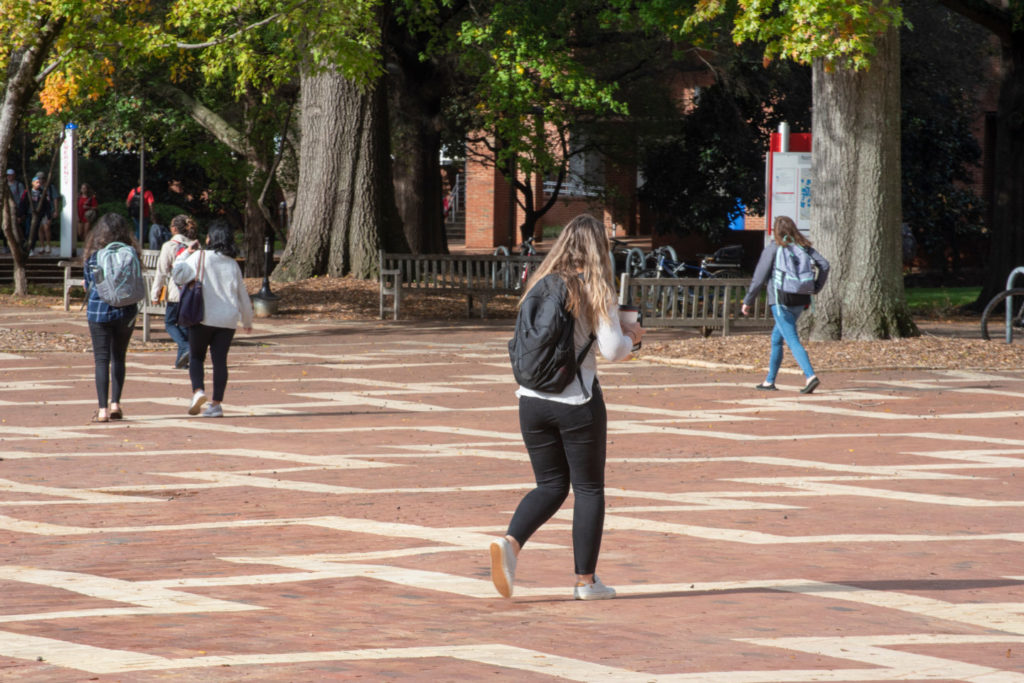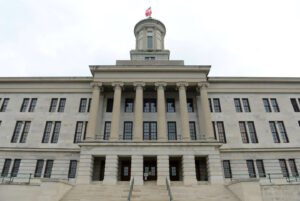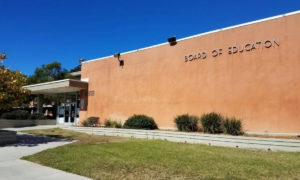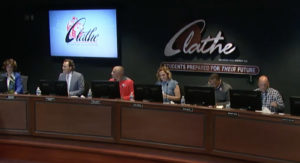Biden administration cherry picks data, targets private colleges with updated rule
The U.S. Department of Education is updating its rules ostensibly to protect Americans from excessive student debts. But the rule actually targets private colleges while public universities are off…

The U.S. Department of Education is updating its rules ostensibly to protect Americans from excessive student debts. But the rule actually targets private colleges while public universities are off the hook.
The Biden administration announced Wednesday it would be providing new “safeguards” for college students in the form of a Gainful Employment (GE) rule and a Financial Value Transparency (FVT) framework.
“We are fixing a broken system and making sure that students know before they take out loans, when college programs have a history of leaving graduates with high debts, low earnings, and poor career prospects,” said U.S. Secretary of Education Miguel Cardona in a press release. “The Biden-Harris administration believes that when students invest in higher education, they should get a solid return on their investment and a greater shot at the American dream.”
However, Cardona’s rosy rhetoric can’t hide the fact that the reforms are effectively targeting private institutions.
The updated GE rule evaluates college programs on two metrics: their debt-to-earnings ratio and their earning premium (whether graduates of the college program have higher income than their counterparts who only graduated high school).
Programs that fail consistently in one or both categories could lose eligibility for federal student aid.
However, the USDE is only monitoring private for-profit institutions (also called proprietary colleges) and certificate programs at all types of colleges.
By tailoring its investigation, the Biden administration can hide the fact that public universities are failing their students – and evade the responsibility of holding them accountable.
According to the USDE’s own data, roughly 3,400 out of 155,000 college programs fail either one or both of the Gainful Employment metrics.
Over 1,000 of those programs are at public universities. Roughly 1,500 are at proprietary schools and 800 at private, non-profit colleges.
The research reveals that public universities have many more failing associate’s and bachelor’s degree programs (792) compared to non-profit (352) and proprietary (347) schools.
In fact, proprietary schools are equal to or better than either public or private colleges in every category except one – undergraduate certificates.
The USDE found over 1,000 of such failing programs at proprietary schools, compared to just 200 at public universities.
Notably, 90% of the ineffective propriety certificate programs were in either culinary studies, cosmetology, or health-related fields.
The only area in which public universities performed better than private ones was in doctorate degrees and graduate certificates.
So, while the USDE is highlighting the negative aspects of private, for-profit colleges, it’s really just sweeping the flaws of public education under the rug.
Even its own data prove that traditional undergraduates will likely be better off attending a private institution.



